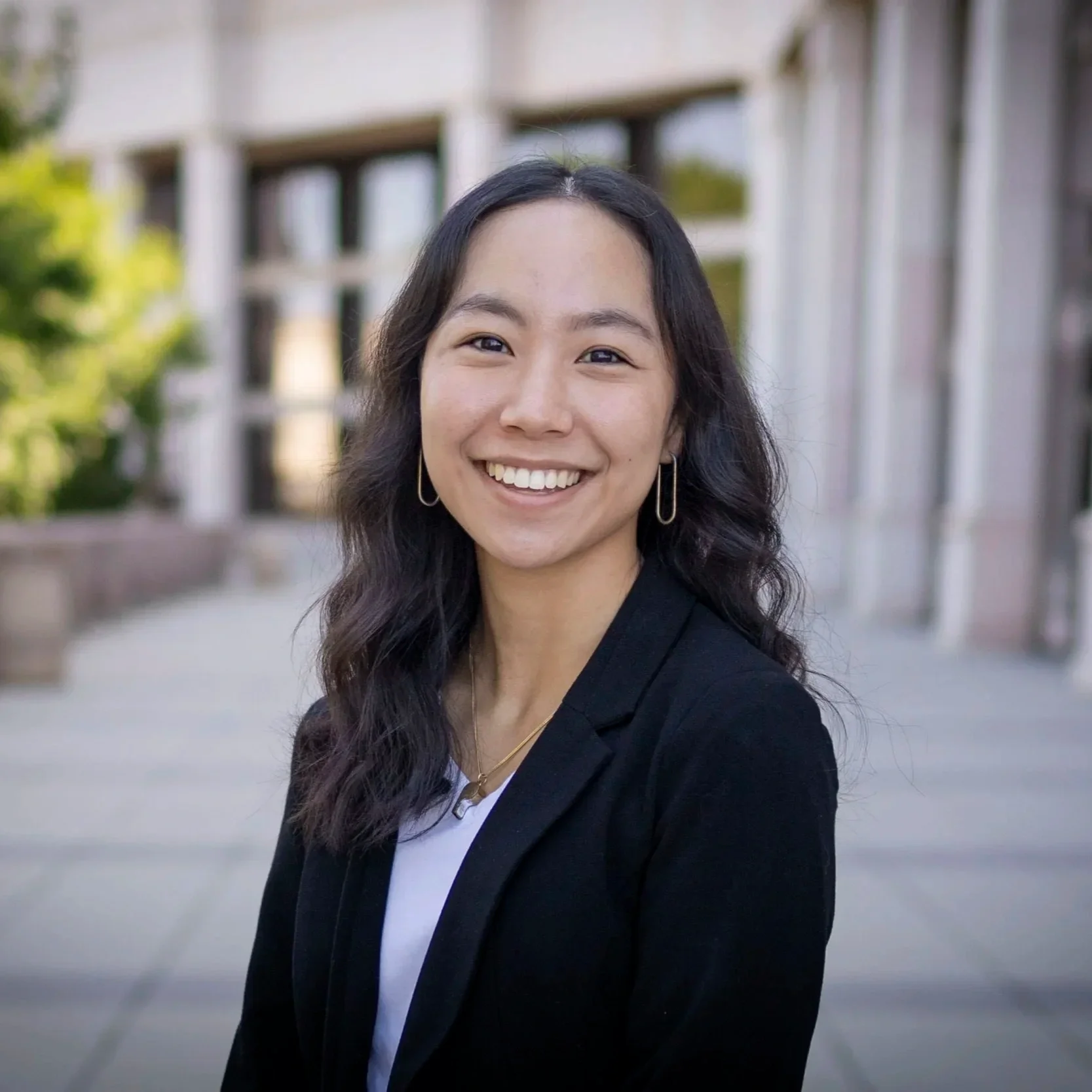State Court Clerkship Myths, Debunked
Thinking about a judicial clerkship? Don’t overlook opportunities in state courts.
While federal judicial clerkships often get the spotlight, state supreme and appellate courts also offer highly respected appellate clerkships. These positions are incredible opportunities to tackle complex, high-impact legal issues—and can open just as many doors for your career. In fact, state court decisions often have a bigger impact on daily life than federal ones.
If you're exploring your options, make sure to check out TAP’s Clerkship Handbook for an in-depth guide to both federal and state clerkships, with tips for building a long-term appellate law career.
In the meantime, we’re debunking three of the biggest myths about state court clerkships—with insights straight from TAP community members who have served as judges and clerks across the country.
Top 3 Myths About State Court Clerkships
Myth #1: Only federal clerkships are prestigious or career-boosting.
Myth #2: State court work is less impactful.
Myth #3: State court clerkships don’t lead to Big Law or federal roles.
Myth #1: Only federal clerkships are prestigious or career-boosting.
Truth: Many state supreme and appellate courts offer judicial clerkships with enormous influence and the opportunity to take on complex legal questions. Some even feed directly into positions in state or federal courts, academia, or top firms, forming a strong foundation for a thriving appellate law career.
State court opinions often affect more people day-to-day than federal ones. Plus, state clerkships can be more accessible, especially for first-gen and underrepresented students.
Myth #2: State court work is less impactful.
Truth: State courts often decide first-impression issues involving constitutional rights, family law, criminal justice, property disputes, and more. The questions can be deeply nuanced, especially in courts of last resort.
These cases shape community-level law and policy—and clerks are often involved in drafting memos, proposed opinions, and more.
“One thing people often misunderstand about clerking in a state court, especially at a state intermediate appellate court like the Arizona Court of Appeals, is the assumption that it is merely a stepping stone or less impactful than clerking for a federal court. In reality, for the vast majority of litigants, the state court is the ultimate decision-maker. This makes the experience of clerking in a state appellate court especially significant, as it often means being involved in those final-say decisions that profoundly affect people’s lives.”
Myth #3: If you want to work in Big Law or on the federal bench, a state court clerkship won’t help.
Truth: Top law firms and federal judges value any strong clerkship experience, especially if it’s appellate or supreme court level. Many state court clerks go on to federal judicial clerkships or elite legal fellowships.
“When I got out of law school, I clerked for a state supreme court judge. I helped him with interesting opinions on a broad variety of topics that matter in the lives of real people. That clerkship set the stage for the rest of my career, opening doors for me in private law firms, public service, and ultimately, the appellate bench.”
State court clerkships aren't a backup plan—they're a launchpad.
From shaping constitutional law at the state level to preparing for careers in Big Law, public service, or the federal judiciary, these clerkships offer unmatched experience and opportunities for growth.
We’re grateful to the TAP community of judges, clerks, and advocates who continue to show that state courts are where real legal change often begins.
Ready to explore how a state court clerkship can fit into your journey? Get your copy of the TAP Clerkship Handbook and learn more.




